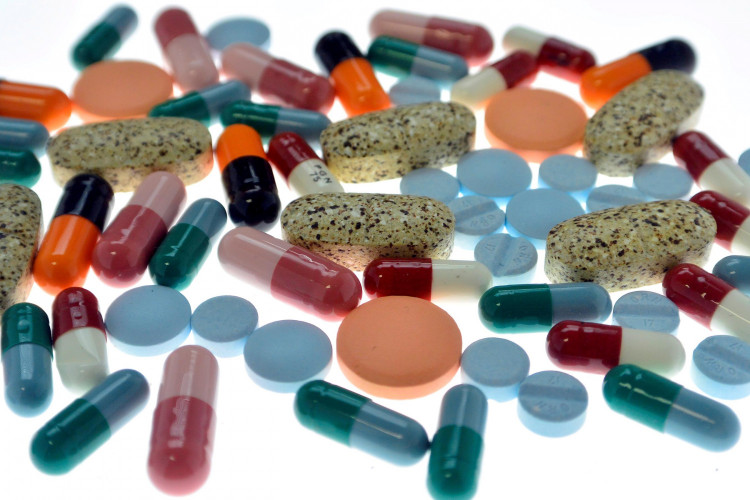Researchers report on follow-up data from a phase 3 clinical trial last year in which MDMA (commonly known as ecstasy), in combination with therapy, was investigated for the treatment of post-traumatic stress disorder (PTSD) PTSD at the American Chemical Society's (ACS) Spring Meeting for 2022.
According to the findings, therapy is effective even in difficult-to-treat individuals, such as those with drug or alcohol use disorders.
"MDMA is really interesting because it's an empathogen," neuroscientist Jennifer Mitchell from the University of California, San Francisco, said.
"It causes the release of oxytocin in the brain, which creates feelings of trust and closeness that can really help in a therapeutic setting."
In the first phase 3 randomized, double-blind, placebo-controlled study of MDMA-assisted therapy for the treatment of severe PTSD, researchers included 90 people with amnesia, flashbacks, and nightmares connected to a past traumatic experience.
The phase 3 trial focused on individuals attending an eight-hour therapy session after receiving their dose, as opposed to previous phase 2 research that found appropriate medication dosages. In addition to weekly counseling, participants had two MDMA-assisted therapy sessions a month apart.
Around two-thirds of individuals no longer met the diagnostic criteria for PTSD two months after their final MDMA-assisted treatment session. In the placebo plus therapy condition, only one-third of participants observed a significant improvement in their PTSD symptoms.
The first line of treatment for those suffering from PTSD is usually selective serotonin reuptake inhibitor (SSRI) antidepressants such as Prozac, which are normally used on a daily basis, aren't always successful, and can cause a slew of unpleasant side effects.
Researchers are currently recruiting volunteers for a second phase 3 experiment, and if similar results are discovered, they anticipate MDMA-assisted therapy for PTSD might be licensed for clinical use by the FDA by 2023.
While the short-term results are encouraging, the researchers are now focusing on long-term data from the phase 3 experiment.
The long-term outcomes of this current phase 3 research, however, are less certain because individuals experienced more severe PTSD symptoms.
Mitchell is quick to point out that people suffering from PTSD should not use MDMA to self-medicate.
"If MDMA is decriminalized, that doesn't mean it's safe," she says. "It can be a very powerful tool, but it needs to have the right dose in the right context with the right support system."
While the preliminary results are encouraging, the medicine cannot be considered a panacea for the treatment of PTSD and other diseases. Instead, when combined with therapy, it becomes a potent treatment tool, as the drug induces states of mind that make people more open to the benefits that therapy can provide.
The findings were presented at the American Chemical Society's 2022 Spring Meeting.






